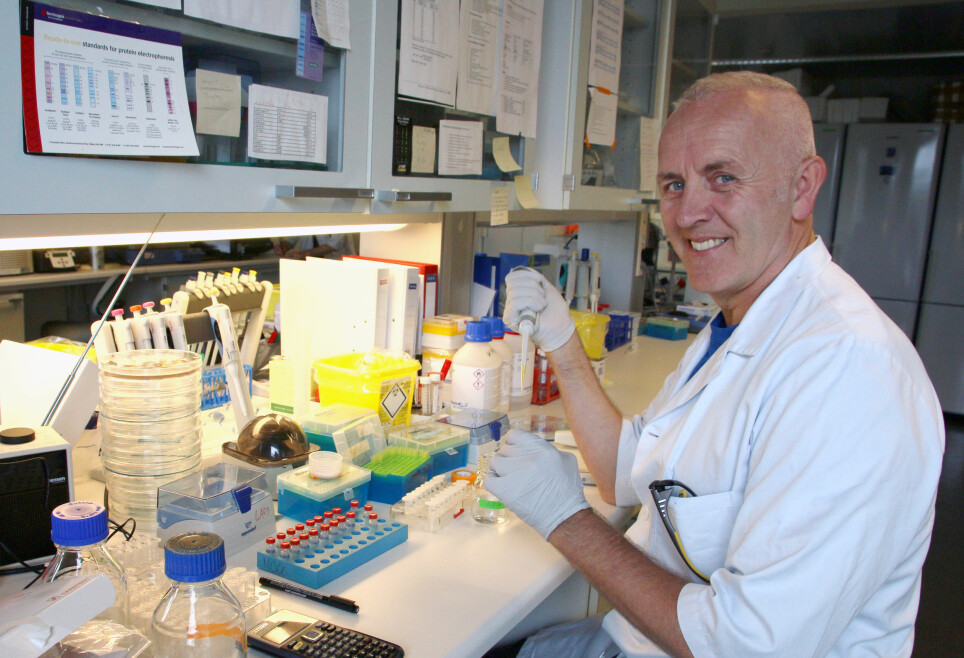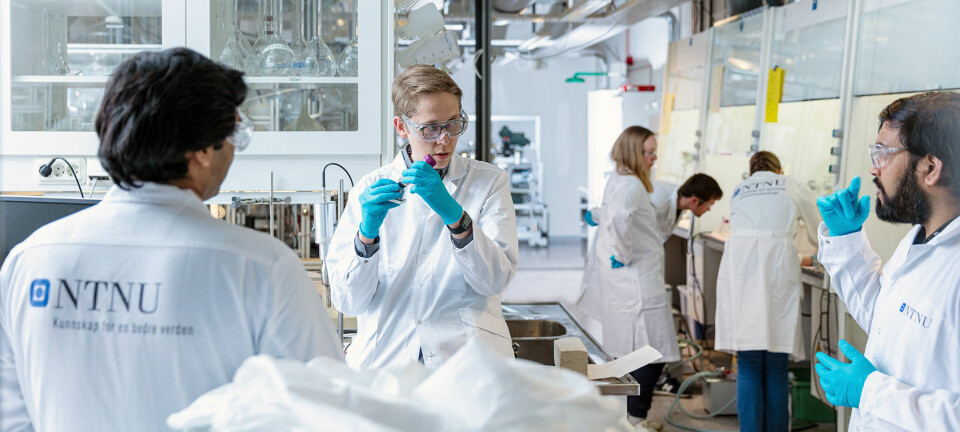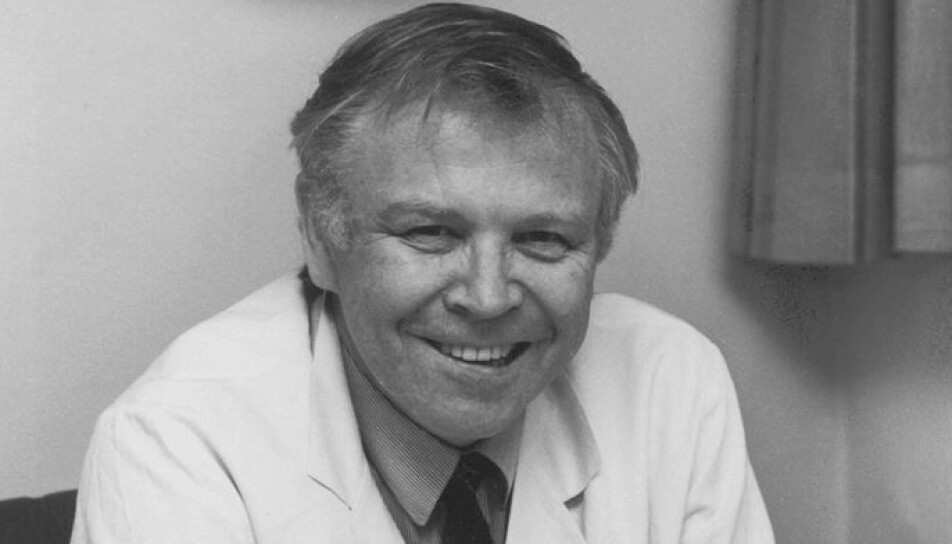
Received medal for work on Norwegian Covid-test
Hospitals were about to run out of other test kits, but the crisis was averted thanks to Magnar Bjørås, professor at the Norwegian University of Science and Technology NTNU, and his team. Now he's being awarded for his role in developing a Covid-test in an unprecedented short period of time.
“The work that Bjørås led shows us how groups of researchers who do basic research on very different topics, when brought together, can create new possibilities and solve an exceptionally difficult challenge in a short period of time,” Lise Lyngnes Randeberg said in a press release.
Randeberg is the president of Tekna, The Norwegian Society of Graduate Technical and Scientific Professionals, and also headed the jury of this years Tekna Gold Medal.
Professor Bjørås was contacted by St Olavs Hospital in Trondheim in March last year, at the onset of the pandemic
. The hospital was about to run out of Covid-tests, and there were none to be ordered, from anywhere.
Collecting a team of researchers across departments, and with bureaucracy working on speed – as well as all the money they needed made available – a Norwegian Covid-test was ready a week later. Studies showed that it was slightly more sensitive than the commercially available tests at the time.
The university proceeded to set up a factory to produce massive quantities of the test, as the Norwegian government quickly placed an order of several million tests as an important part of the country’s fight against the virus.
In contrast to tests from large pharmaceutical companies, the NTNU test is designed with a so-called open liquid system in mind. This means it can be adapted to the equipment and systems that any hospital has at its disposal.
Collaboration was key
“It is a very pleasant surprise and an honour to receive Teknas gold medal”, Bjørås says in the press release.
He stresses that the development of the test was possible due to the very strong collaboration between different research communities at NTNU as well as with the diagnostics department at St Olavs Hospital.
“I want to particularly draw attention to Sulalit Bandyopadhyay who has led the work in developing nanoparticles in process chemistry. In addition, we have had invaluable support and help from Technology Transfer and the administration at NTNU,” Bjørås said.
The Jury for the Tekna Gold Medal states that:
“Magnar Bjørås and his team took on the challenge of seeing if it was possible to develop a test method that was not dependent on the reagents that were of limited availability. In collaboration with other research groups at NTNU, that they had not previously worked with, they developed a sensitive and quick test in a very short period of time. The production of the test was quickly upscaled, and this test is now one of Norway’s most important cards in the fight to control the virus. The test has also proven useful in the fight against the virus internationally and has been exported to several countries.”

































